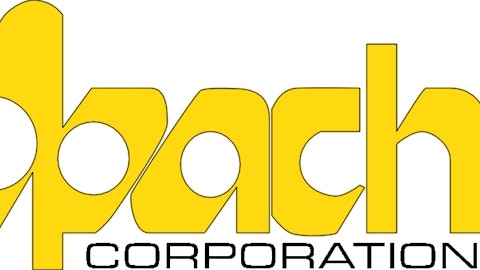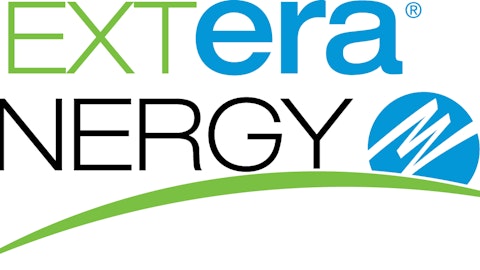Due to volatile crude prices and fluctuating demand over the last year, oil refineries have been hit hard. Usually in stressed industries, finding value picks is a daunting task. But, shares of Murphy Oil Corporation (NYSE:MUR) have risen nearly 45% over the last year on the back of its solid financial performance. Now that its shares seem to be approaching fair value, the Street is doubting the sustainability of this rally. However, I believe that there may still be plenty of upside due to the following reasons.
Business restructuring
In a bid to improve profitability, Murphy Oil Corporation (NYSE:MUR) recently sold two of its hydrocarbon properties based in the U.K. Its U.K. division has been hemorrhaging millions and the company has announced that it would be divesting its U.K.-based upstream business entirely.
Although this move would impact its overall revenue, Murphy Oil Corporation (NYSE:MUR) would enjoy better profit margins. In my opinion, this would be a great move as demand for refined petroleum products in Europe has plunged by over 20% since 2008. Furthermore, the cash raised from the divestiture can be used to develop more profitable refineries in the U.S.
Additionally, the company would also be spinning off its downstream business based in the U.S. This move would allow both refining and exploration entities to operate and function separately, and bring balanced growth through different avenues.
Another benefit would be that Murphy Oil Corporation (NYSE:MUR) would now be isolated from the worsening Brent-WTI spread. Refinery margins are dependent on the Brent-WTI spread, which has narrowed by around 65% over the last year. Any further compression in the spread has the potential to render small refiners unprofitable. With that in mind, it’s highly probable that this divestiture would bring a surge in Murphy Oil’s ROE.
Improvement in fundamentals
As of now, Murphy Oil Corporation (NYSE:MUR) sports an ROE of 9.76%, which is significantly lower than Valero Energy Corporation (NYSE:VLO)’s 18.47% and Marathon Petroleum Corp (NYSE:MPC)’s 33.10%. But, Valero Energy has been struggling with low profitability. Its net profit margin stands at 2.30% as compared to Murphy Oil’s 3.15% and Marathon Petroleum’s healthy net profit margin of 4.12%.
To improve its ROE and perform in line with the Brent-WTI spread, Valero Energy Corporation (NYSE:VLO) recently spun off its retail division, CST Brands. This move would not only boost Valero Energy’s net margins, but would also allow its management to focus better on the refining segment.
As a result of the spin off, shares of Valero Energy Corporation (NYSE:VLO) have more than doubled over the last year. And adding to the delight, several investment research firms have an outperform rating on the stock with a median price estimate of $47 (a 20% premium from the current price).
On the other hand, Marathon Petroleum Corp (NYSE:MPC) is enjoying a profitable ride. Its shares have risen 141% over the last year, and yet it appears to be undervalued with a forward P/E of 8 and PEG of 0.73. Analysts estimate its annual EPS to grow by 11% for the next five years.
One of the main catalysts behind Marathon Petroleum Corp (NYSE:MPC)’s tremendous growth, has been its acquisition of BP’s Texas Refinery for $2.4 billion this year. The refinery produces 3% of the total petroleum demand in the U.S. and it boosted Marathon Petroleum’s refining capacity by 28%.
But that’s just inorganic growth. However, Valero Energy Corporation (NYSE:VLO) and Murphy Oil are moving to unlock shareholder value by spinning off their existing assets.
Investor’s delight
Coming back to Murphy Oil Corporation (NYSE:MUR), the company is known for returning significant value to its shareholders. At its current price, its shares yield 2.03% with a payout ratio of 80.93%. Its shares have risen around 41% over the last year, which is why it carries a modest yield despite having an extremely high payout ratio.
As of now, Murphy Oil Corporation (NYSE:MUR) sports a dividend coverage ratio of 12.4 and cash coverage ratio of of 4.2. I think that the company can comfortably sustain its dividend payouts of around $240 million going forward.






